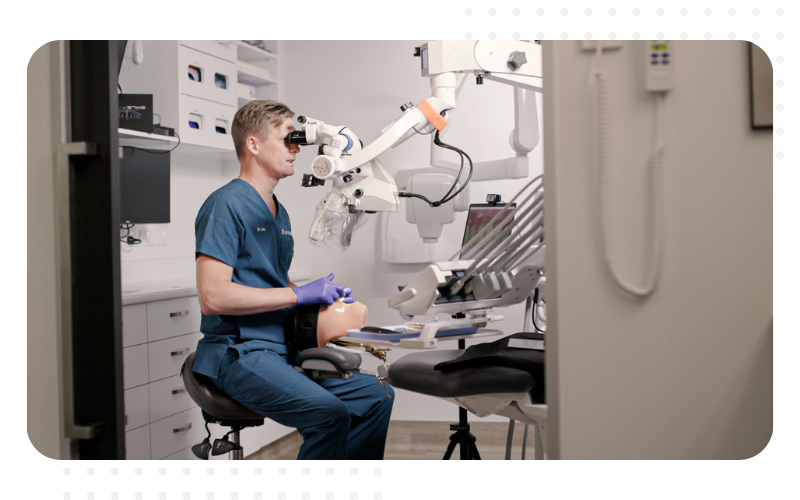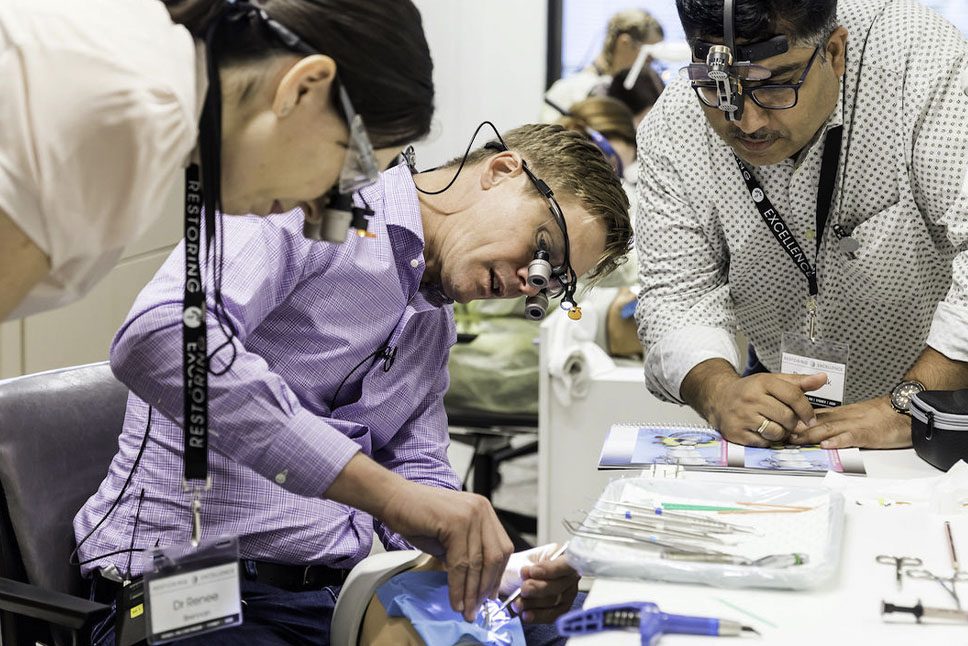Dentistry is a stressful profession. In fact, it’s often considered one of the most stressful careers out there.
There are several reasons for this. Historically, dentists aren’t trained for long enough. And of course, there are some things that you just can’t get out of textbooks. It would then make sense that a lack of experience means a lack of confidence. Not being sure of your abilities is stressful. Paired with anxious or emotional patients, this can be a recipe for disaster. And finally, many of our procedures are harder than we give them credit for.
So, as a dentist, what can you do to lower your stress levels?
- Stick to a routine. Routines don’t require active thought. If you choose to wear the same colour t-shirt every day, it means you don’t have to think about it. If you do your procedures the same way every time, you don’t need to think about it either.
- Hone your skill. Skill is often misunderstood. Knowledge isn’t skill. Knowing how to do something isn’t skill. Skill grows when we’ve done something so much that it becomes automatic. This means most of our brain power is available to deal with difficulties.
- Utilise tailored time. Not every crown takes the same time. If it’s well above the gingiva, it will be quicker and easier. If it’s below the gingiva, it will take longer. When you correctly plan out procedures and know (within reason) how long it will take, you’ll have less anxiety about finishing on time.
- Get a mentor dentist. It is easier if you get a mentor (coach). Coaches themselves don’t make the procedures or treatment planning easier. However, they allow you to push your limits knowing you have backup. They can also act as a sound board to help you work through difficult situations.
- Put your patients to sleep. Strangely, when we are at the part of our career where we are least likely to cope with a difficult patient, we are also the least likely to use sedation, anxiolysis or general anaesthetic. This is due to the difficulties in the implementation of such procedures. However the sooner we incorporate anxiety control into our patients the better we — and our patients — will feel.
Leave your comments below. What are some of your top tips for reducing stress for dentists?




